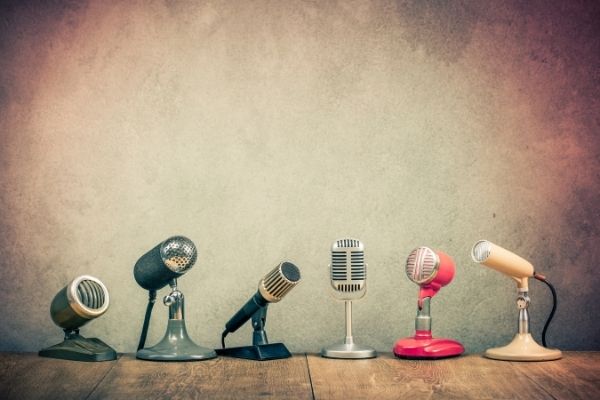
Deadline: 31-Jul-22
The Deutsche Welle (DW) Akademie has announced its Constructive Journalism Fellowship program to support journalists from Sub-Saharan African countries who are committed to reporting on local crises and challenges, but by also pointing to possible solutions and portraying people who are exploring ways forward.
Constructive Journalism is an approach for nuanced and critical reporting that pinpoints where change is possible, and that provides potential answers to the biggest questions of their time.
The first Constructive Journalism Fellowship was held in 2021 and they’re now offering a new set of TV and video journalists the opportunity to take part in the program. It brings together media professionals who want to learn more about constructive storytelling and to connect with like-minded colleagues. The five-month Fellowship has a hybrid training format with a one-week on-site session either in Germany or on the Sub-Saharan African continent that will take place at the end of the program in March 2023.
Components
The Constructive Journalism Fellowship includes the following components:
- DW Akademie has developed a curriculum that gives you a deep understanding of Constructive Journalism
- Their trainers and mentors will give you concrete examples of constructive storytelling and visual language, how to approach contentious issues, and how to sell and distribute a constructive story. The Fellowship includes monthly online trainings starting in November 2022 that last 2-3 days each, followed by a one-week on-site session in either Germany or Sub-Sahara Africa in March 2023. Travel and hotel: DW Akademie will cover your travel and hotel expenses as well as your visa costs.
- Financial support and mentorship to produce a constructive visual project
- Selected fellows will receive up to 3,000 euros for their video production, i.e. a video for social media, a TV report or a short documentary. The goal is for you to apply your newly acquired constructive journalism skills to cover current challenges and crises in a comprehensive storytelling format.
- Individual coaching
- The hybrid program also offers you individual training and career coaching. The fellows are each assigned a highly qualified professional to assist them with their project. Your mentor will meet with you in approximately 6-8 regular, individual online sessions during the production period that begins in December 2022. Your project should be completed by the end of February 2023.
- Networking opportunities
- You will become part of their network with constructive visual practitioners, journalists, media professionals and filmmakers from different parts of the globe. Connecting you with a growing community of constructive journalists enables them to create an ongoing exchange of resources, knowledge, and best practices.
- DW Akademie will award each participant a certificate after completing the fellowship
What they expect from you?
- Fellows will each receive up to 3,000 euros for their video production, i.e. for a video to be published on social media, a TV report or short documentary.
- The goal is for fellows to apply their newly acquired constructive journalism skills, enabling them to cover current challenges using the storytelling approach.
- Fellows can collaborate with each other for their own visual project or hire external support but need to take their budget in consideration.
- All selected fellows are expected to:
- take part in the online trainings being held between November 2022 and February 2023 as well as in the on-site training in March 2023
- organize their own visa for the on-site training
- produce a constructive video
- during the video production phase, engage with the mentor and find publication options
- write a fellowship report
- share your constructive journalism skills with your colleague (in a formal or informal setting)
Eligibility Criteria
- Country of residence: Applicants should be a resident in a Sub-Saharan African country, have a valid passport and be able to travel for the one-week training in March 2023.
- English language: The trainings and overall communication will be held in English. Applicants should have a command of English that corresponds at least to the B2 level of the Common European Framework of Reference (CEFR).
- Work experience: All applicants should have several years of experience in producing visual content, and be able to handle their equipment and work relatively independently. Previous experience in constructive journalism is not required.
- Equipment: All participants must have access to the technical equipment needed for their constructive visual project, and a laptop to participate in the online workshop.
For more information, visit https://www.dw.com/en/constructive-journalism-fellowship-apply-now/a-57839939